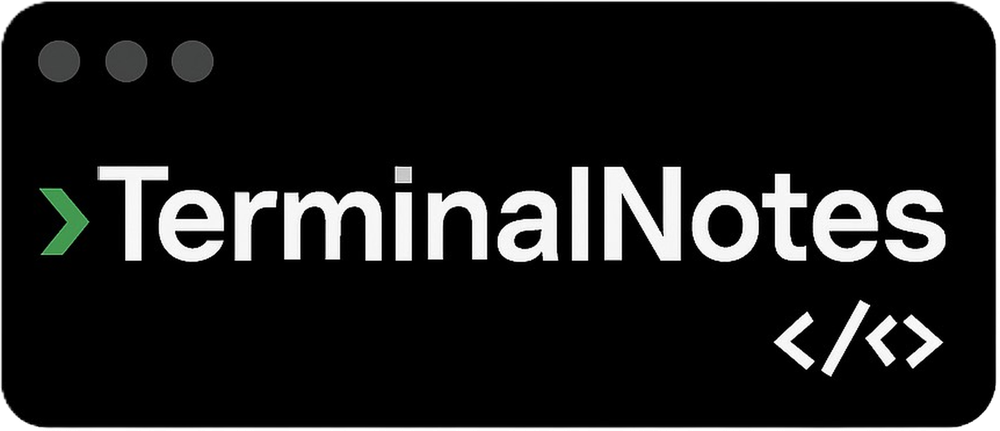Sharing notes from my ongoing learning journey — what I build, break and understand along the way.
Learning Python – Post 4: Useful String Methods
Learning Python – Post 4: Useful String Methods
I’m not trying to learn every Python string method — just the ones that are actually useful when working with text.
Here are a few I’ve been practicing, with examples that helped me remember them.
upper() — Make It Loud
Converts all letters in a string to uppercase.
text = "hello world"
print(text.upper()) # HELLO WORLD
strip() — Clean the Edges
Removes any extra spaces at the start and end of a string.
messy = " Python is fun "
cleaned = messy.strip()
print(cleaned) # "Python is fun"
replace() — Swap Things Out
Replaces one part of the string with another. Great for removing characters too.
text = "L e a r n i n g"
no_spaces = text.replace(" ", "")
print(no_spaces) # "Learning"
find() — Where Is It?
Tells you the index of the first time something appears. Returns -1 if not found.
line = "I love Python"
print(line.find("Python")) # 7
print(line.find("Java")) # -1
split() — Break It Down
Breaks a string into a list of words, by spaces (or another separator).
sentence = "Keep it simple"
words = sentence.split()
print(words) # ['Keep', 'it', 'simple']
join() — Put It Back Together
Joins a list of words into a single string, using the separator you choose.
words = ["Keep", "it", "simple"]
line = " ".join(words)
print(line) # "Keep it simple"
startswith() — Does It Begin With…?
Returns True if the string starts with a certain value.
phrase = "Python is great"
print(phrase.startswith("Python")) # True
len() — Count Everything
Returns the total number of characters in a string (spaces included).
msg = "Hello!"
print(len(msg)) # 6
lower() – Make It Quiet
Converts all letters to lowercase.
pythonKopierenBearbeitenname = "BENgi"
print(name.lower()) # bengi
in – Is It There?
Checks whether something exists inside a string. Returns True or False.
text = "Python is awesome"
print("awesome" in text) # True
print("Java" in text) # False
isalpha() – Only Letters?
Returns True if all characters are letters (no spaces, no numbers).
word = "hello"
print(word.isalpha()) # True
word = "hello123"
print(word.isalpha()) # False
isdigit() – Only Numbers?
Checks if all characters are digits.
num = "2025"
print(num.isdigit()) # True
num = "20a5"
print(num.isdigit()) # False
islower() / isupper() – All Lower / All Upper?
Checks if the entire string is lowercase or uppercase.
msg = "hello"
print(msg.islower()) # True
shout = "HEY"
print(shout.isupper()) # True
title() – Like a Book Title
Capitalizes the first letter of each word.
text = "python for beginners"
print(text.title()) # Python For Beginners
capitalize() – First Word Only
Only the first character becomes uppercase; the rest lowercase.
text = "hELLO world"
print(text.capitalize()) # Hello world
